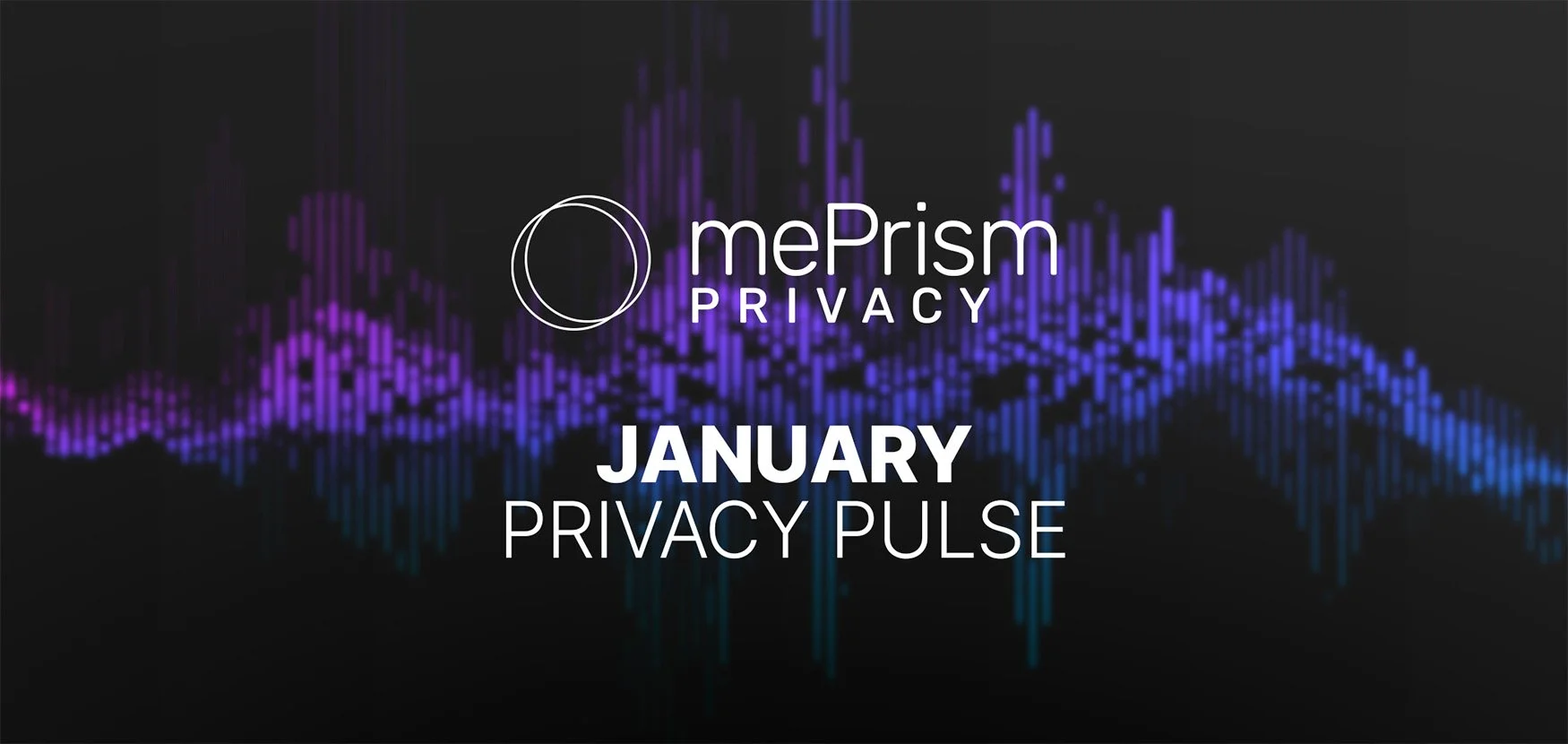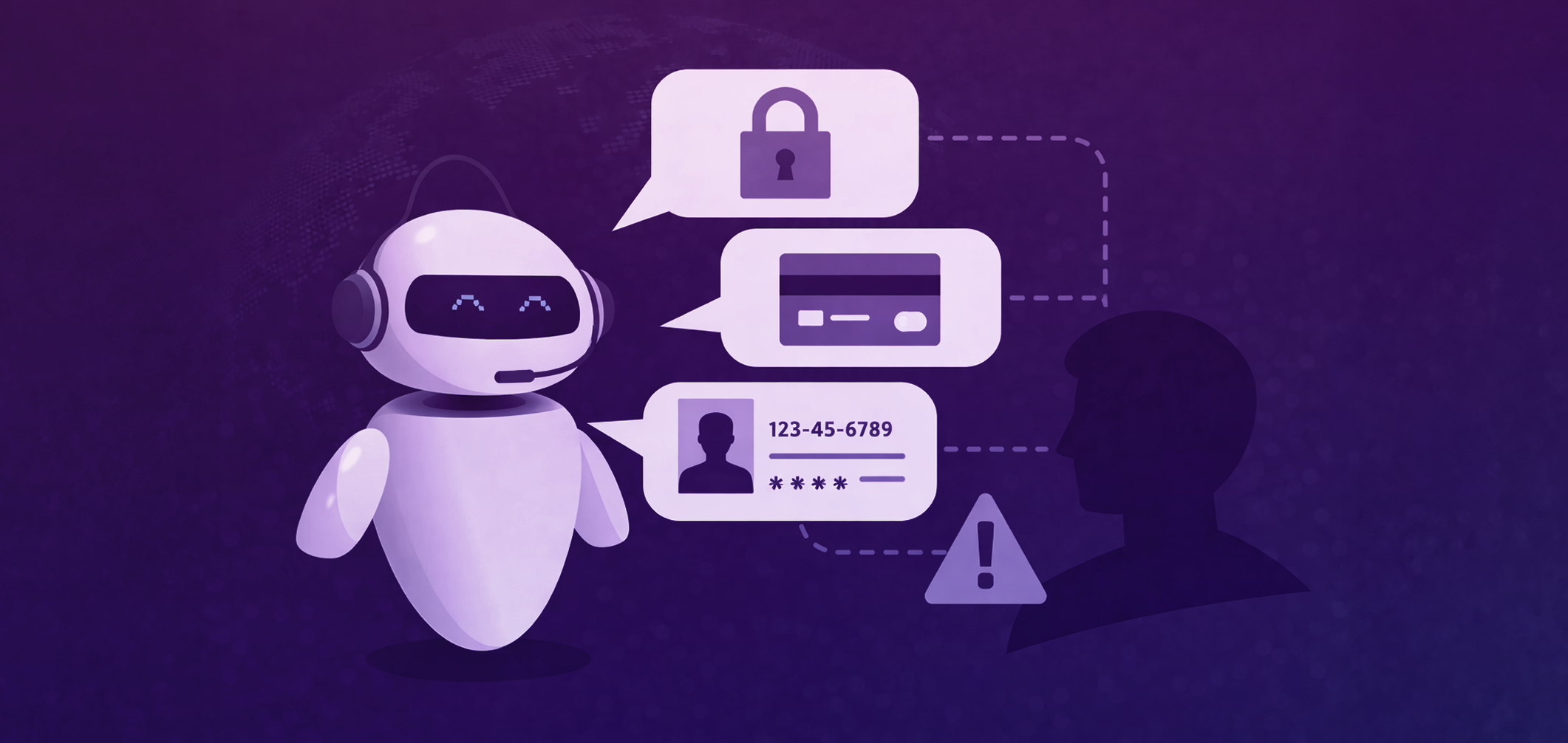LexisNexis Breach: Protect Your Personal Data from Data Brokers
LexisNexis breach exposed over 364,000 Americans Part 1
Learn how mePrism helps remove your personal data from dangerous data broker networks.
The digital age has brought unprecedented convenience, but it's also created new vulnerabilities that most Americans don't even realize exist. The latest wake-up call comes from LexisNexis Risk Solutions, one of the largest data brokers in the United States, which recently disclosed a massive data breach affecting over 364,000 individuals. This incident isn't just another cybersecurity headline. It's a stark reminder of how our most sensitive personal information is being collected, stored, and potentially compromised by companies we've never even heard of.
What Happened in the LexisNexis Breach
On Christmas Day 2024, cybercriminals successfully infiltrated LexisNexis Risk Solutions through a third-party software development platform, specifically gaining access to the company's GitHub account. However, the company didn't discover this breach until April 1, 2025, more than three months later. This delayed detection highlights a critical problem in how data brokers monitor and protect the vast troves of personal information they collect.
The stolen data varied for each affected individual but included some of the most sensitive information imaginable: names, phone numbers, home addresses, email addresses, Social Security numbers, driver's license numbers, and dates of birth. While LexisNexis stated that no financial or credit card information was compromised, the exposed data represents everything a cybercriminal needs to commit identity theft, open fraudulent accounts, or file false tax returns.
What makes this breach particularly concerning is that LexisNexis claims its own networks and systems weren't compromised, only the third-party platform was breached. This reveals how interconnected and vulnerable the data broker ecosystem has become, where your personal information can be exposed through vendors and partners you've never interacted with directly.
The Hidden Dangers of Data Broker Databases
Most Americans have no idea that companies like LexisNexis are collecting and selling their personal information. Data brokers compile detailed profiles that can include over 1,500 data points about you, covering everything from your shopping habits and political affiliations to your mental health and family members. This information is then packaged and sold to advertisers, insurers, employers, and government agencies without your knowledge or consent.
The LexisNexis breach demonstrates why opting out of these databases is crucial for protecting your privacy and security. When your information sits in hundreds of data broker databases, you're not just vulnerable to one potential breach. You're exposed to hundreds of potential attack vectors. Each database represents another opportunity for cybercriminals to access your most sensitive details.
Beyond the immediate security risks, staying in these databases can have long-term consequences. Insurance companies use this data to adjust your premiums, employers may use it for background checks, and your information can be combined with other datasets to create increasingly detailed profiles of your private life. The recent revelation that car manufacturers have been sharing driving data with LexisNexis, which then sold this information to insurance companies resulting in higher premiums for drivers, shows how pervasive this data collection has become.
Government Surveillance Without Warrants
Perhaps most troubling is how the federal government has become one of the largest customers of data brokers like LexisNexis, effectively circumventing Fourth Amendment protections against unreasonable searches. LexisNexis claims to have data contracts with 70 percent of local law enforcement agencies and almost 80 percent of federal agencies. The Department of Homeland Security alone has spent millions of dollars purchasing location data from brokers since 2017, while the FBI and DEA have also purchased services from data brokers.
This practice represents a fundamental violation of the spirit of the Fourth Amendment. Rather than obtaining warrants to compel private companies to hand over sensitive information, government agencies now simply purchase mass records from third-party brokers without any judicial oversight. The Department of Labor awarded LexisNexis a contract initially valued at $1.2 billion for fraud prevention, while other agencies have spent hundreds of millions more on similar data services.
Legal experts argue that agencies are using these purchases to "buy their way around" due process requirements. When the government can purchase the same information it would otherwise need a warrant to obtain, it effectively nullifies constitutional protections designed to prevent unreasonable searches. As one researcher noted, "You have this situation where there are plenty of people in the government who really are interested in protecting people's privacy... but at the same time, you have federal government agencies who are spending hundreds of millions of dollars propping up the ecosystem that helps abuse and collect all of that data."
Why Traditional Opt-Out Methods Fall Short
While companies like LexisNexis offer opt-out procedures, these are often inadequate and deliberately complicated. LexisNexis requires that you meet specific criteria to qualify for data removal, such as being a victim of identity theft or a law enforcement officer facing threats. Even when individuals do successfully opt out, there have been concerning reports of retaliation. Over 18,000 New Jersey law enforcement personnel filed a class action lawsuit alleging that LexisNexis responded to their data removal requests by freezing their credit and falsely reporting them as identity theft victims.
The manual opt-out process is also a never-ending battle. Data brokers continuously track and re-collect information, meaning your data will likely reappear on these sites even after successful removal requests. With hundreds of data brokers operating, manually opting out of each one becomes practically impossible for most consumers.
mePrism Privacy: A Comprehensive Solution
For individuals and businesses serious about protecting their privacy, mePrism Privacy offers a comprehensive solution to the data broker problem. Based in Carlsbad, California, mePrism specializes in removing personal and business data from over 600 data broker websites. Unlike manual opt-out attempts, mePrism provides ongoing monitoring and removal services that address the persistent nature of data collection.
The company's approach is systematic and thorough. After conducting a free scan to identify where your data appears online, mePrism sends automated legal opt-out requests to hundreds of data brokers on your behalf. They maintain SOC 2 Type 2 compliance, demonstrating their commitment to security and privacy standards that exceed what many larger corporations maintain.
What sets mePrism apart is their understanding that data privacy is an ongoing process, not a one-time fix. They continuously monitor the web for new sites exposing your information and provide regular progress reports. For businesses, this service is particularly valuable as it can prevent email scams and malware that often target employees whose information is exposed on data broker sites.
Taking Control of Your Digital Privacy
The LexisNexis breach serves as a crucial reminder that your personal information is being collected, stored, and potentially compromised by companies you've never heard of. With the federal government increasingly bypassing warrant requirements by purchasing this data directly, the stakes for protecting your privacy have never been higher.
While the scope of data collection might seem overwhelming, taking action to remove your information from data broker databases is one of the most effective steps you can take to protect yourself. Services like mePrism Privacy make this process manageable by handling the complex web of opt-out procedures and providing ongoing protection against the persistent nature of data collection.
Part 2 Incoming
FAQ
-
Names, phone numbers, home addresses, email addresses, Social Security numbers, driver's license numbers, and dates of birth were among the data exposed.
-
No. LexisNexis stated that no financial or credit card information was involved in the breach.
-
Remove your personal information from data broker databases using automated services like mePrism. This helps reduce your exposure to breaches and identity theft.
-
Manual opt-outs are difficult and temporary. Automated services with ongoing monitoring, like mePrism, are more effective long term.
-
Yes. Agencies buy mass records from data brokers, bypassing the traditional warrant process and weakening your Fourth Amendment protections.
Ready to try mePrism yourself?
At mePrism, we help you take back control of your personal data. Our service scans the web for your exposed personal information—like your name, address, and contact details—and removes it from data broker sites that sell it without your consent. Whether you're protecting your privacy, reducing spam, or guarding against identity theft, we make the process simple, secure, and effective. Ready to clean up your online footprint?
Click here to create your Free Basic account.Explore more from Our Team
Browse more posts written by our team to help you stay in control.
Be Part of the Conversation





